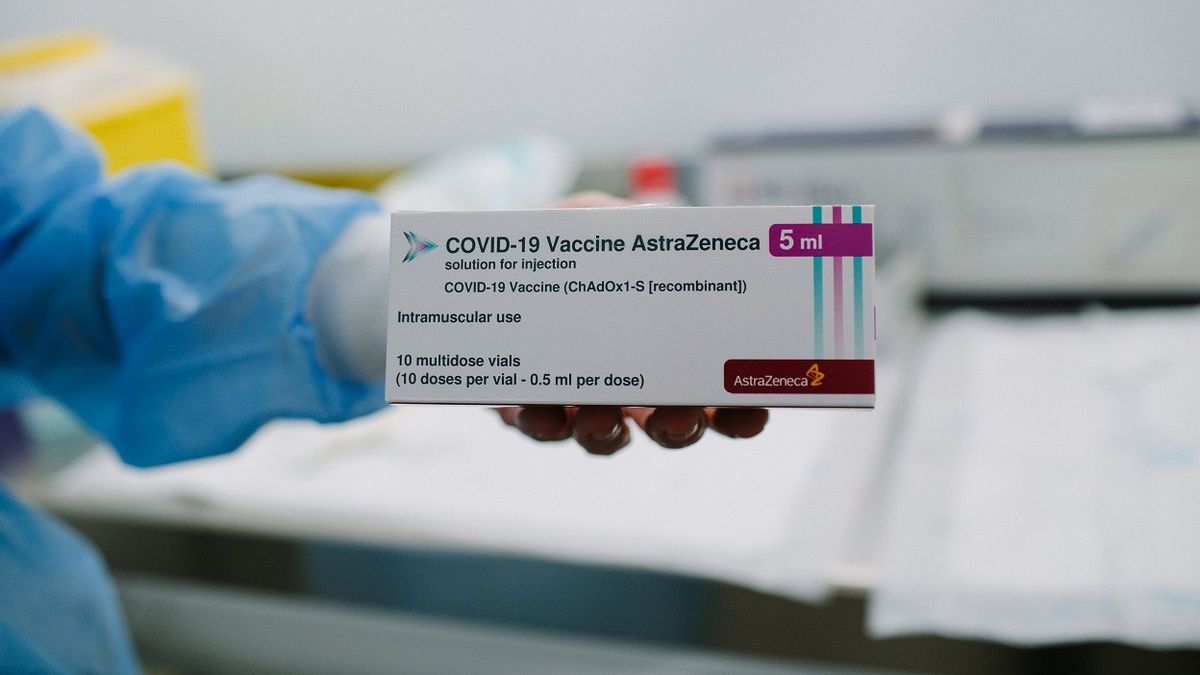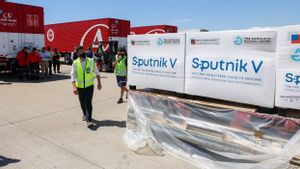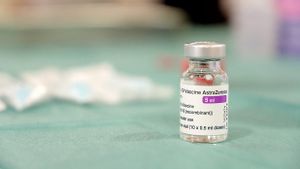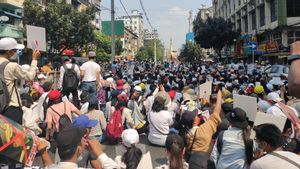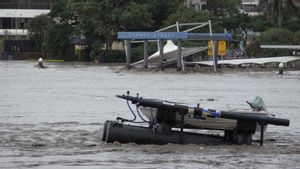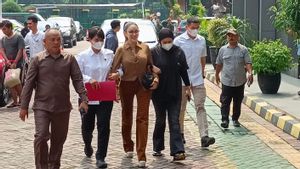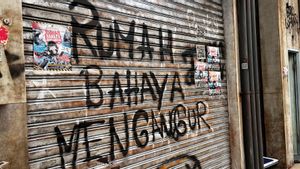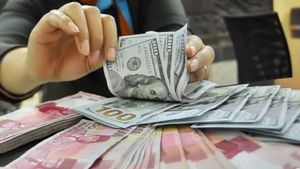JAKARTA - A number of countries in Asia have begun to accelerate the launch of the use of the AstraZeneca COVID-19 vaccine, after being delayed due to reports of cases of blood clots after vaccination in Europe earlier this month.
In the middle of last week, countries in Europe resumed their vaccination program with the AstraZeneca vaccine, after the European Union Drug Regulator (EMA) called the AstraZeneca vaccine safe and beneficial to use.
British Prime Minister Boris Johnson received the first dose of the AstraZeneca COVID-19 vaccine on Friday. He said he felt nothing and was fine after being vaccinated.
In Asia, Thai PM Prayut Chan-O-Cha became the first person in Thailand to receive the COVID-19 vaccination with the AstraZeneca vaccine on Tuesday 16 March.
"Today I increased self-confidence for the general public. I am fine after I got the injection", Prayuth told reporters at Government House.
Meanwhile, Taiwanese Prime Minister Su Tseng-chang was the first to receive the AstraZeneca vaccine, during the launch of the COVID-19 vaccination program. It is known that Taiwan received 117 thousand doses of the AstraZeneca vaccine earlier this month.
"I just finished getting the injection (AstraZeneca), there is no pain at the injection site, and no pain in the body", said Taiwan Prime Minister Su Tseng-chang, Monday 22 March.
Meanwhile, Indonesia started using it on Monday after suspending it last week. However, the Indonesian Food and Drug Administration has warned of its use in people with blood clotting disorders.
South Korean President Moon Jae-in is set to receive the COVID-19 vaccine on Tuesday, along with the start of a vaccination campaign for people aged 65 years old and over.
The AstraZeneca vaccine is one of the first and cheapest COVID-19 vaccines to be developed and launched in large numbers and will be a mainstay of vaccination programs in many developing countries.
But its brief suspension raises concerns that slowing down vaccination rollouts could hurt the global fight against the pandemic, as coronavirus cases soar in some countries, weighing on health care systems and hurting economies.
The EMA on Thursday last week said that the AstraZeneca vaccine was effective and was not associated with an increased risk of overall blood clots.
However, the survey released on Monday, March 22 showed that people in seven European countries were more likely to see the vaccine as unsafe. In a survey conducted by YouGov of 8 thousand people in seven European countries. As a result, people in France, Germany, Spain, and Italy assess the AstraZeneca vaccine tend to be seen as unsafe. Meanwhile, in the UK, the birthplace of this vaccine, 77 percent of responses considered it safe.
Many Asian countries rely heavily on the AstraZeneca vaccine to end the COVID-19 pandemic, as injections are used in vaccination programs in Australia, South Korea, the Philippines, Vietnam, Thailand, and India. Some countries may face supply problems.
India, which has the highest coronavirus caseload after the United States and Brazil, has suspended vaccine supplies to several countries as it faces a second spike in cases, said a source with knowledge of the matter.
The Indian Serum Institute (SII), which produces the AstraZeneca vaccine, has informed Brazil, Saudi Arabia, and Morocco that further supplies will be suspended due to a surge in domestic demand, the source continued.
SEE ALSO:
Australia, which has so far inoculated only 1 percent of its population, is also speeding up vaccinations after the country's pharmaceutical regulator approved CSL's locally made AstraZeneca vaccine on Sunday. Within 12 weeks, CSL is expected to produce 1 million doses of vaccine each week.
The English, Chinese, Japanese, Arabic, and French versions are automatically generated by the AI. So there may still be inaccuracies in translating, please always see Indonesian as our main language. (system supported by DigitalSiber.id)
